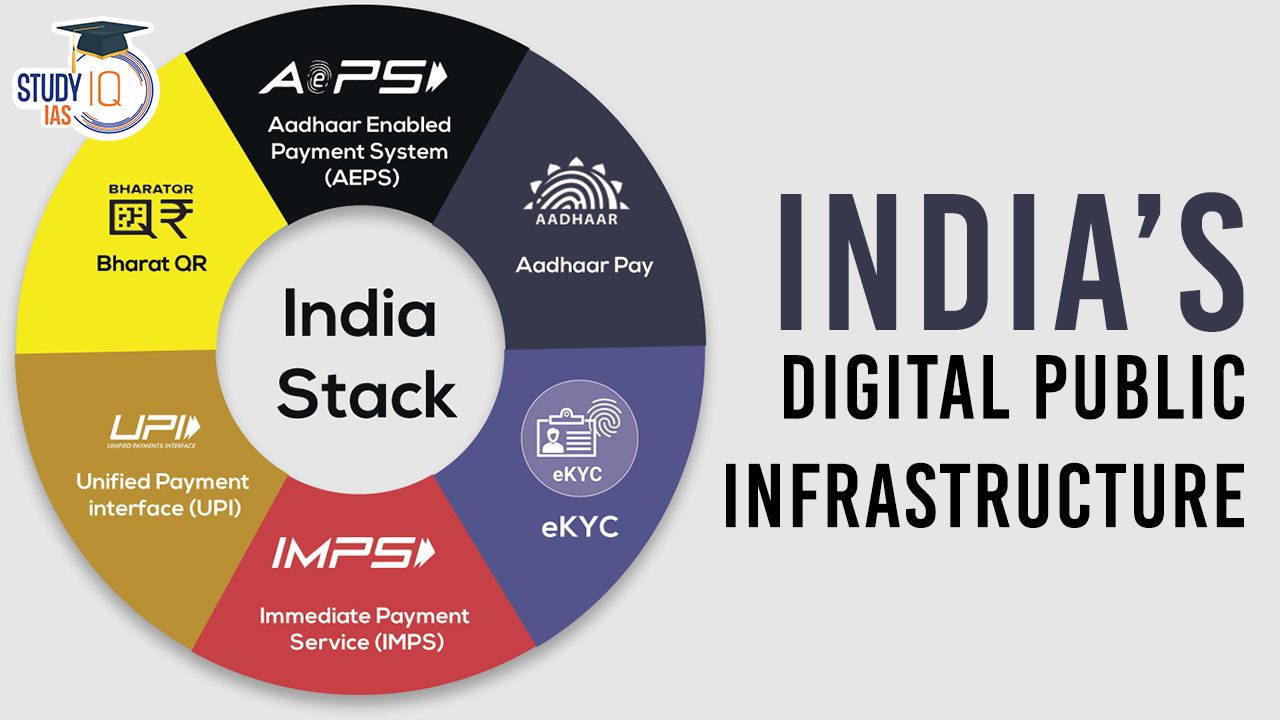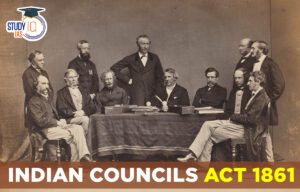Table of Contents
Kaushalya Vardhan Kendra (KVK) Initiative:
- Gujarat faces challenges such as water scarcity, soil degradation, and outdated farming practices.
- To address these issues, the KVK program was launched in Gujarat, offering a wide range of training and extension services to farmers.
- Kaushalya Vardhan Kendra (KVK) is a government-backed initiative in India aimed at improving the livelihoods of farmers by providing them with knowledge and skills in modern agricultural practices.
- This case study focuses on the impact of KVK in the state of Gujarat, where agriculture plays a vital role in the economy.
Features Include:
- Flexible Approach – In terms of course selection and institute timings.
- Efficient Utilization of Resources – Utilized available infrastructure in rural area, including school buildings, Panchayats buildings, PHC buildings etc. There has been no need to create new infrastructure.
- Limited Liability – Only one coordinator is a regular Government employee – other staff is outsourced. Increased Outreach – At least one KVK in a 15km cluster area of villages.
- Highly Subsidized Training – No fees for SC/ST/Women/PH & BPL candidates and a nominal fee of ₹50/- for General Candidates. Liberal Admission Norms – No upper age limit, minimum education qualification (Class 5)
Impact
- From August 2010 to March 2015, a total of 13,32,769 youth trained out of which 8,39,396 are women (62%).
- For interior and far-Yung areas, 4 Kaushalya Rath (Mobile KVKs), have been started especially for the benefit of candidates residing in remote areas.
- The scheme has won the PM Award for Excellence in Public Administration for the Year 2011-12.
Conclusion
A cluster-based approach to skill training can significantly improve access to vocational education by taking the training to the doorstep of people. Community involvement in course design ensures high enrolment and low drop out. Need based, industry responsive courses enhance the opportunities of employment and self‐employment. The Programme has the potential to encourage participation of women in non‐traditional occupation.


 World Heritage Day 2025, Theme, Objectiv...
World Heritage Day 2025, Theme, Objectiv...
 Indian Councils Act 1861, History, Provi...
Indian Councils Act 1861, History, Provi...
 Daily Quiz 17 April 2025
Daily Quiz 17 April 2025





















